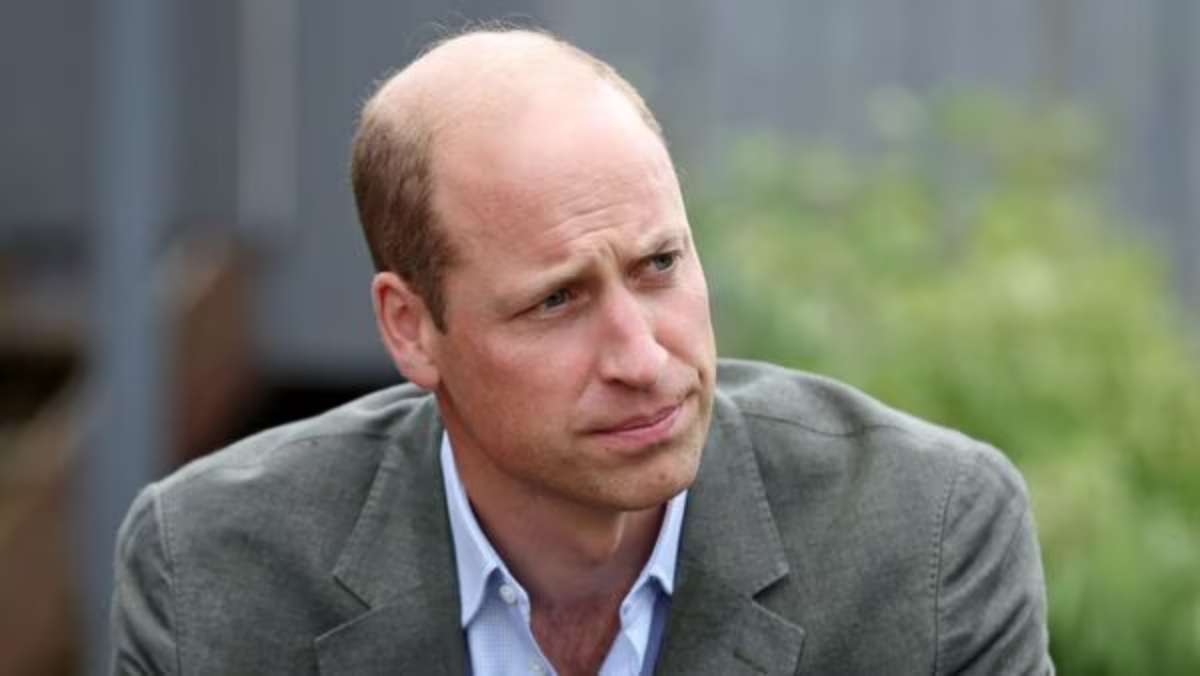Prince William: A Modern Royal Icon
Prince William, Duke of Cambridge, has emerged as one of the most prominent figures of the British royal family in recent years. From his early years in the spotlight as the elder son of Princess Diana and Prince Charles to his current role as a husband, father, and future king, William has captivated the world with his charm, compassion, and dedication to duty.
Born William Arthur Philip Louis Windsor on June 21, 1982, at St Mary’s Hospital in London, Prince William entered the world amidst intense media attention. As the first child of Prince Charles, the Prince of Wales, and Lady Diana Spencer, his birth was celebrated across the Commonwealth and beyond. From his earliest days, he was destined for a life in the public eye.
Growing up, Prince William faced the unique challenges of being a member of the royal family while also grappling with the tragic loss of his beloved mother, Princess Diana, in 1997. The profound impact of her death shaped his worldview and instilled in him a commitment to carrying on her legacy of humanitarian work and compassion.
Education played a significant role in shaping Prince William’s character and preparing him for his future role as a leader. He attended prestigious institutions such as Ludgrove School and Eton College before studying Art History at the University of St Andrews in Scotland. It was during his time at St Andrews that he met his future wife, Catherine Middleton, now known as Catherine, Duchess of Cambridge.
The romance between William and Kate captured the imagination of the public, culminating in a grand royal wedding on April 29, 2011, at Westminster Abbey. Millions of people around the world tuned in to witness the union of the charming prince and his elegant bride, heralding a new era of excitement and optimism for the monarchy.
As Duke and Duchess of Cambridge, William and Kate have embarked on numerous royal duties and engagements, representing the crown both at home and abroad. They have become powerful advocates for causes such as mental health awareness, environmental conservation, and supporting the welfare of young people.
In addition to his royal duties, Prince William has pursued a career in the military, serving in the Royal Air Force and the British Army. His experiences in the armed forces have shaped his leadership style and deepened his understanding of the challenges facing servicemen and women.
Central to Prince William’s identity is his role as a father to three children: Prince George, Princess Charlotte, and Prince Louis. He and Kate have embraced parenthood with warmth and enthusiasm, striving to provide their children with as normal a childhood as possible while navigating the demands of royal life.
Looking to the future, Prince William is poised to inherit the responsibilities of the British monarchy as the next in line to the throne after his father, Prince Charles. He approaches this eventual role with a sense of duty and humility, mindful of the legacy he will inherit and the expectations placed upon him by the British people.
In a rapidly changing world, Prince William represents a bridge between tradition and modernity, embodying the values of compassion, integrity, and service that define the British monarchy. As he continues to navigate the complexities of royal life, his enduring appeal and commitment to making a positive difference in the world ensure that his legacy will endure for generations to come.
